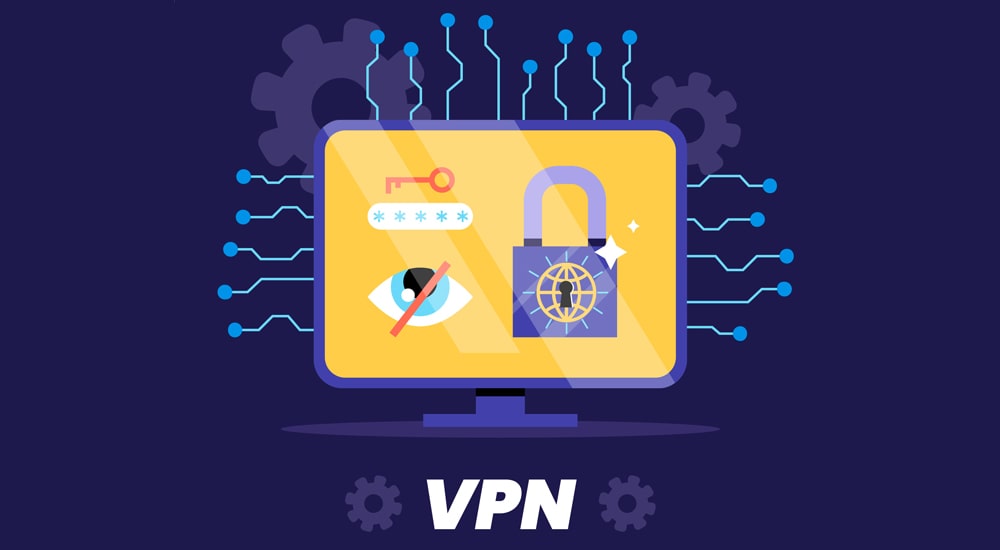
In today's digital age, safeguarding your online privacy has become more crucial than ever. Virtual Private Networks (VPNs) play a significant role in this endeavor, encrypting your internet connection and protecting your data from prying eyes. However, not all VPNs are created equal, and ensuring that your VPN service is up to par requires a thorough VPN test. This guide will delve into the importance of conducting a VPN test and how to effectively use a VPN tester.
What is a VPN Test?
A VPN test is a process of evaluating the performance and security of a VPN service. This involves checking various aspects such as speed, security, and IP address leakage. By conducting a VPN test, you can ensure that your VPN service is functioning correctly and providing the level of protection you need.
Why Use a VPN Tester?
1. Security Verification: The primary purpose of using a VPN is to secure your online activities. A VPN tester can help verify if your VPN is effectively encrypting your data and hiding your IP address.
2. Leak Detection: A reliable VPN tester can detect if there are any IP, DNS, or WebRTC leaks. These leaks can compromise your anonymity online, making it essential to identify and rectify them.
3. Performance Assessment: Speed is a crucial factor for any VPN service. A VPN test allows you to measure the connection speed, ensuring that the VPN does not significantly slow down your internet.
4. Geolocation Accuracy: Many users opt for VPNs to access geo-restricted content. A VPN tester can confirm if your chosen server location is accurately displayed, allowing you to bypass regional restrictions effectively.
How to Conduct a VPN Test
1. IP Leak Test: Start by conducting an IP leak test. This test ensures that your real IP address is not exposed while using the VPN. You can use online tools that display your current IP address before and after connecting to the VPN. A successful VPN should show a different IP address from your actual one.
2. DNS Leak Test: DNS leaks can start occurring when your DNS requests are sent outside the encrypted VPN tunnel. Use a VPN tester to ensure that all DNS requests are routed through the VPN server, maintaining your anonymity.
3. WebRTC Leak Test: WebRTC can reveal your actual IP address even when using a VPN. Conduct a WebRTC leak test to ensure that your VPN blocks these leaks, preserving your privacy.
4. Speed Test: Speed is a critical factor for any VPN user. Use a VPN tester to measure the download and upload speeds with and without the VPN connection. This will help you understand the performance impact of the VPN.
5. Geolocation Test: Verify the VPN server's location accuracy by using a geolocation checker. This test ensures that you appear to be browsing from the chosen server location, allowing you to access region-specific content.





